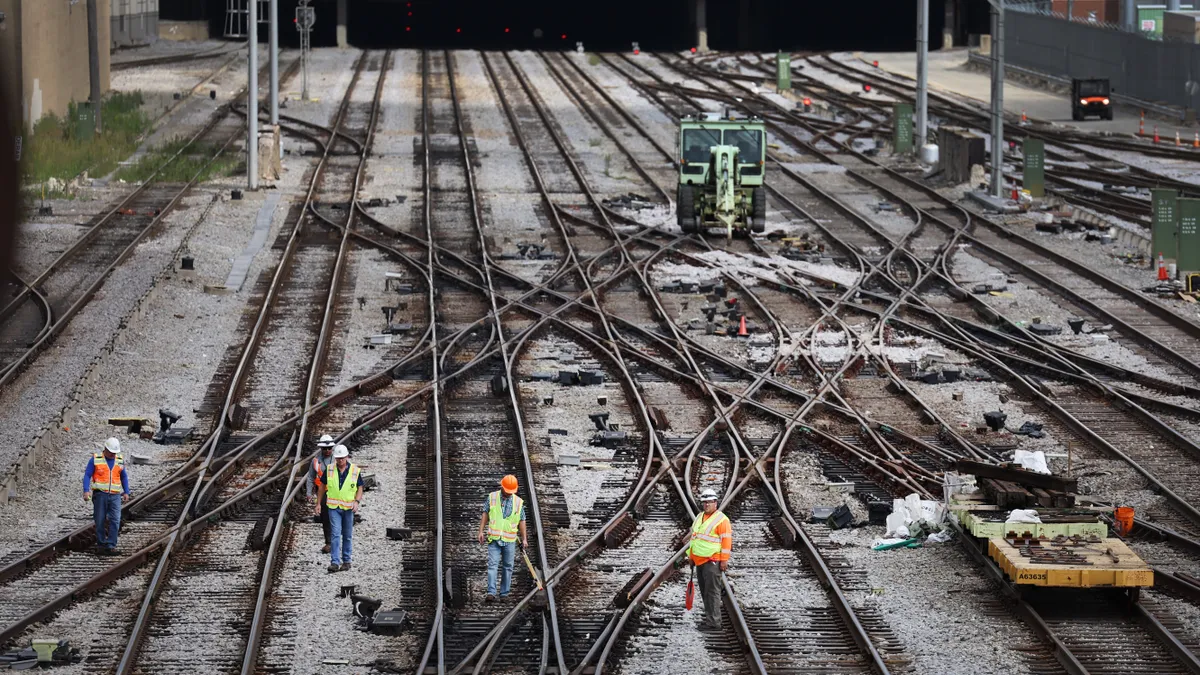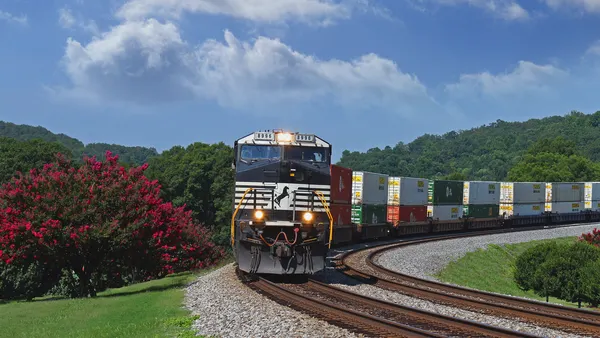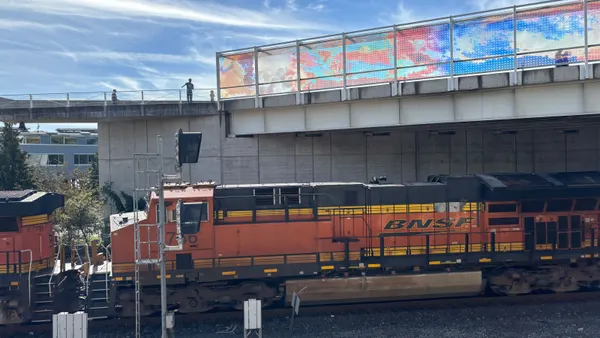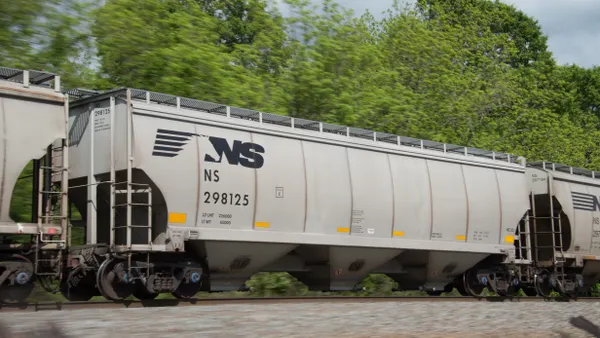The following is an opinion article written by Eric R. Byer, president and CEO of the National Association of Chemical Distributors.
Over the last several months, U.S. businesses dependent on freight rail have watched negotiations between the railroads and their labor unions become more heated. There could be dire economic ramifications if an agreement is not ratified: A nationwide freight rail shutdown would cost the American economy $2 billion daily.
Why are we in this predicament? Because the freight rail companies put us here.
Anyone who has closely watched railroads over the years knows that even if a labor deal prevails, freight rail service will continue to deteriorate until some wholesale changes take place. Service declines can be tied to a railroading model known as precision scheduled railroading, or PSR, which has directly led to a dwindling number of rail workers that support our critical supply chain.
The freight rail industry has reduced its combined workforce by nearly 30% – almost 45,000 rail workers – over the last six years. These are highly skilled jobs that require years of training, meaning that the railroads will not be able to easily replace the workers who are now quitting the industry in droves.
As a result, PSR has also led rail workers to clamor for the basic benefits held by the average U.S. worker with full-time employment. Meanwhile, rail customers – which have been impacted by enormous delays and more restrictive service conditions due to limited train starts – are left clamoring for reliable service from railroads with billion-dollar profit margins.
It's no wonder benefits are a sticking point in the labor negotiations between railroads and their workers.
A few weeks ago, Labor Secretary Marty Walsh successfully brokered a tentative deal between the railroads and unions. But, the true test is now playing out, as the union rank-and-file votes on the negotiated agreement. Already, one of twelve unions has voted against the deal.
Concerns over quality of life are one reason for the rejection. Without adequate benefits, there is no incentive for current workers to stay or for new workers to fill positions essential for safe and reliable freight rail service for customers.
Some of the onerous penalties imposed on rail workers for taking leave to visit a doctor or dentist are addressed in the tentative agreement, but to say the paid sick leave policy for rail workers is woefully inadequate would be an understatement.
The negotiated agreement does not include any significant measures to improve quality of life issues. Rail workers today have zero time allotted to them by their freight rail employers for sick leave. The brokered agreement now provides just one day. According to the Bureau of Labor Statistics, private sector workers receive seven to eight days of sick leave per year.
A fragile and volatile supply chain requires a strong rail network. Now is not the time to deny reasonable benefits for a labor community that has been decimated by losses in recent years. Nor is it the time to continue down a path of a PSR system that stretches workers while lining the pockets of executives and shareholders.
It’s time for the freight rail industry to right this wrong and get rail back on track.














